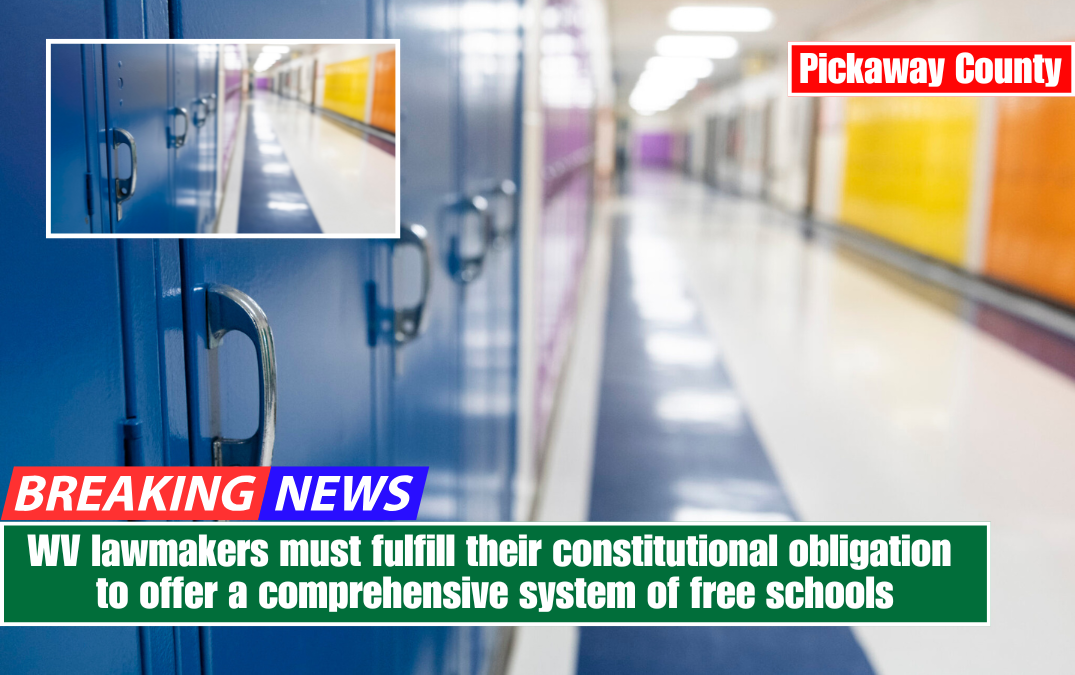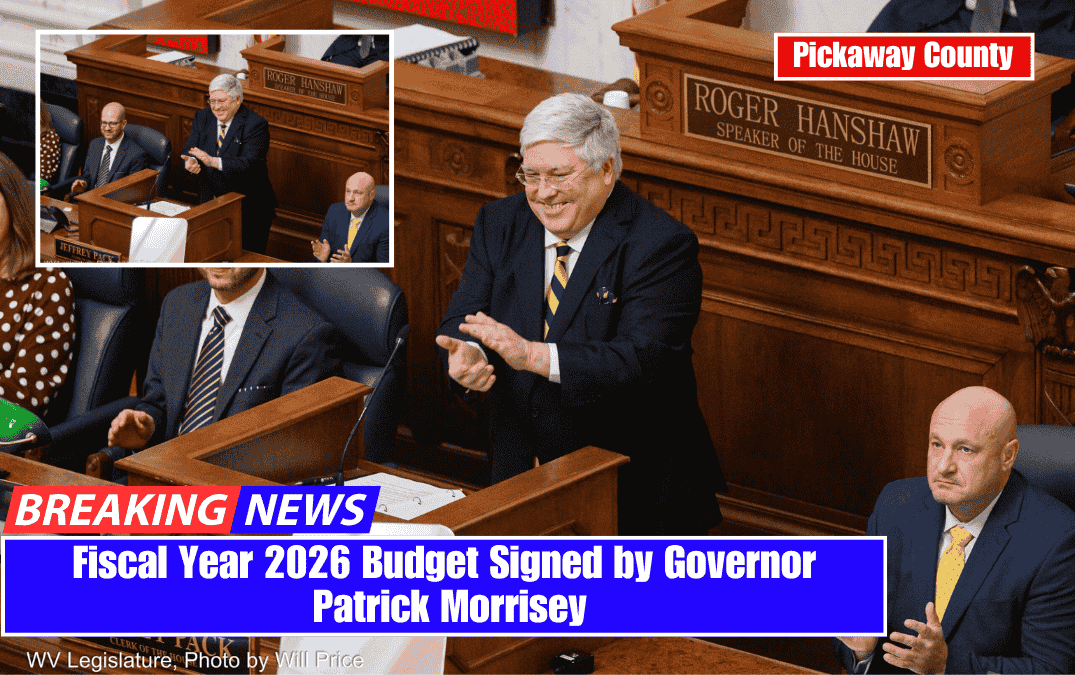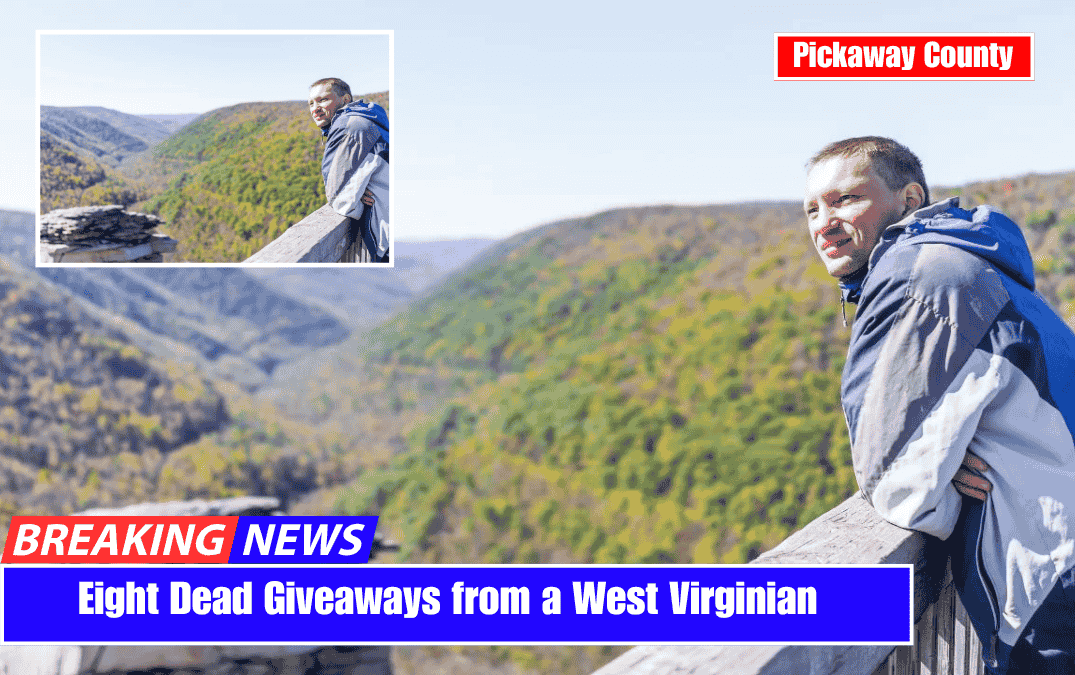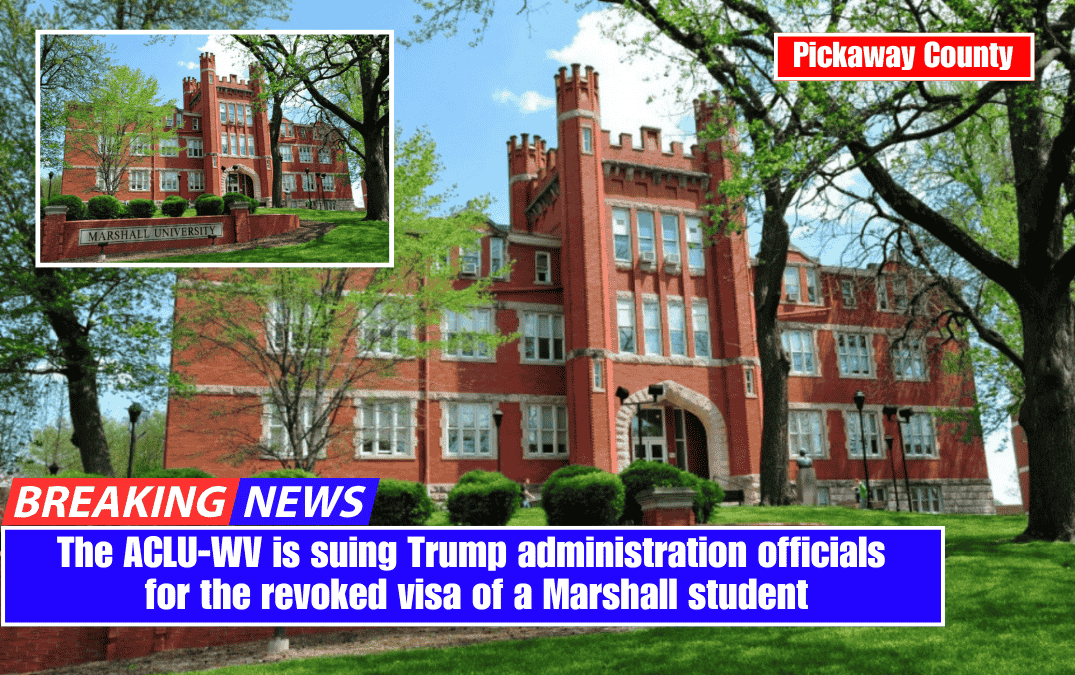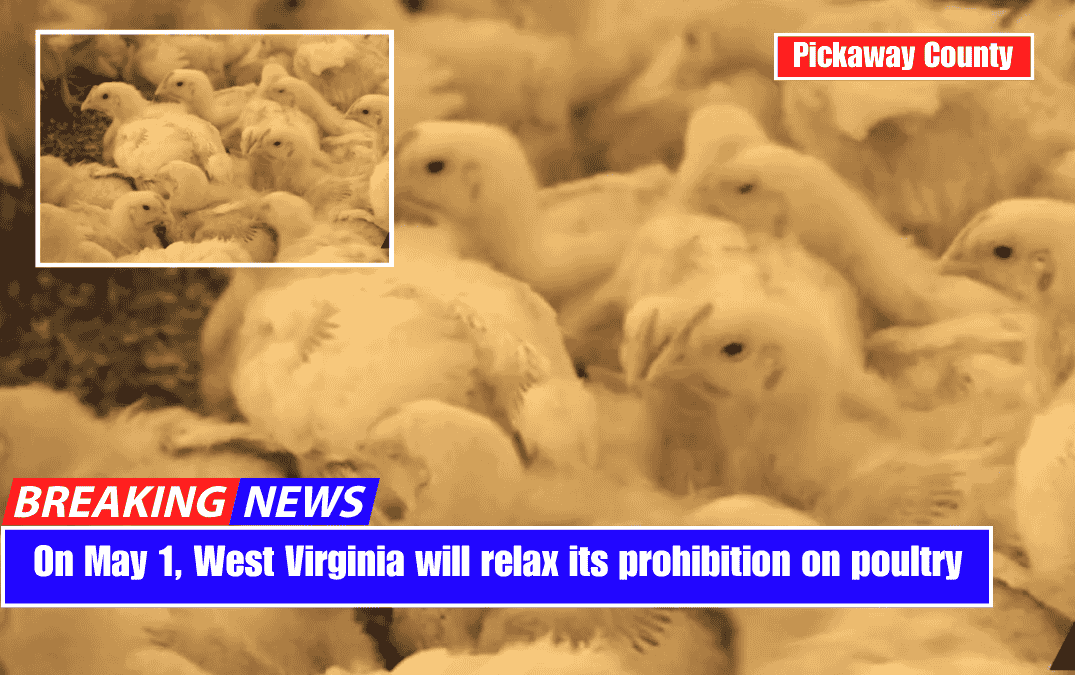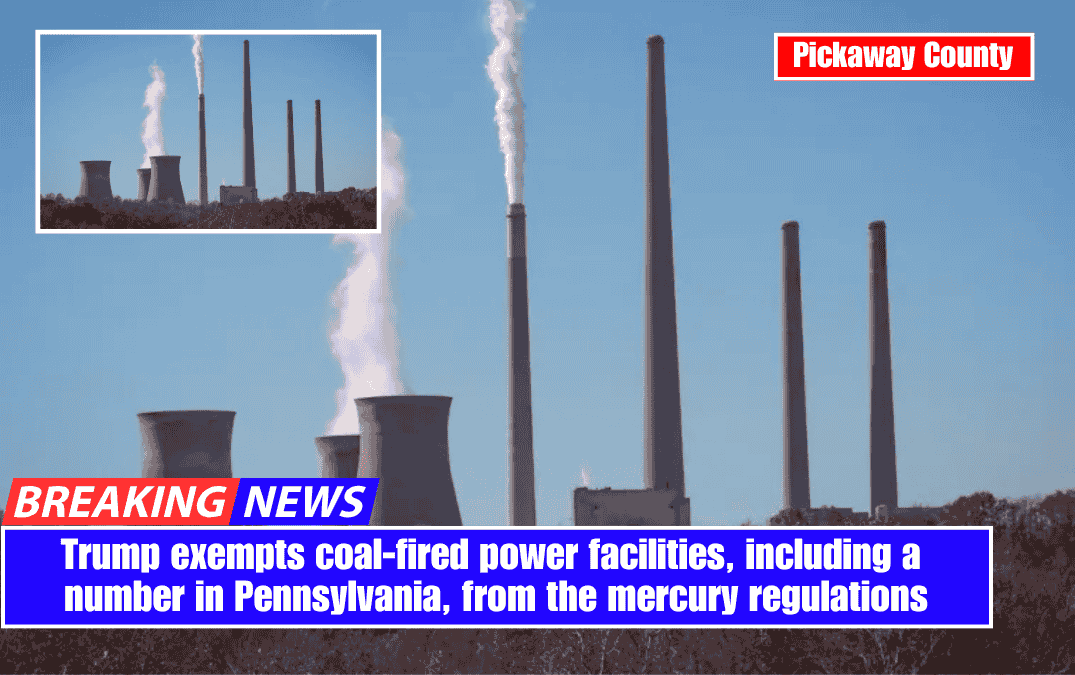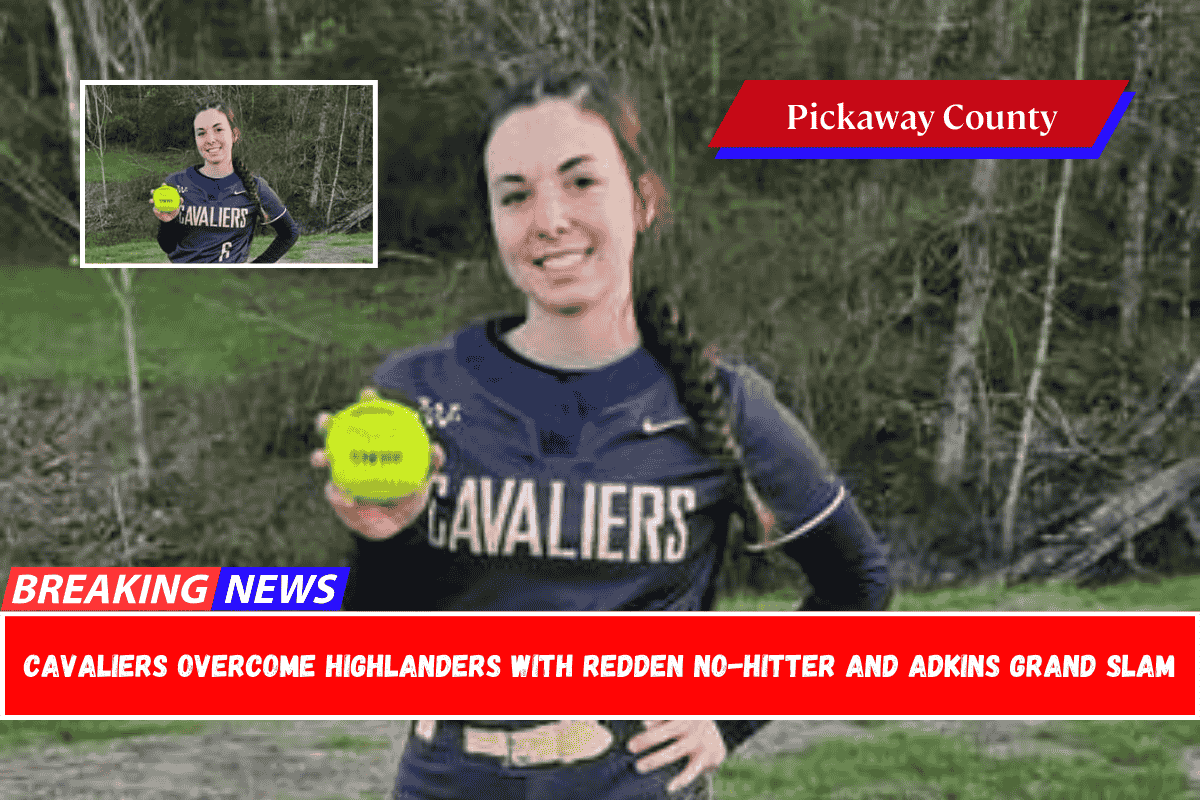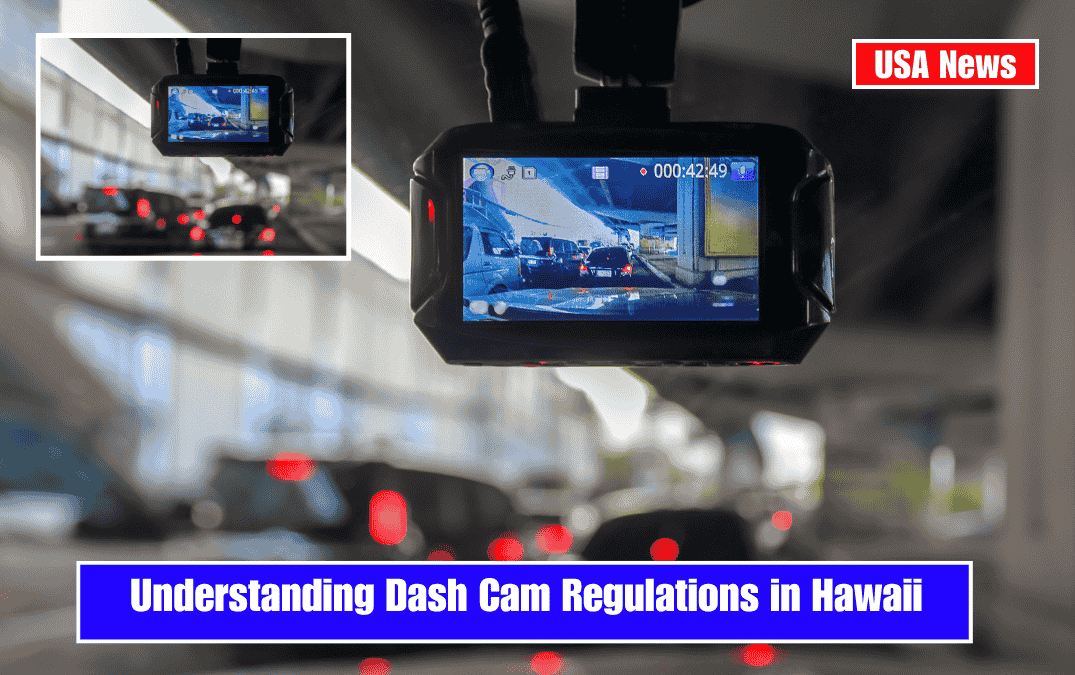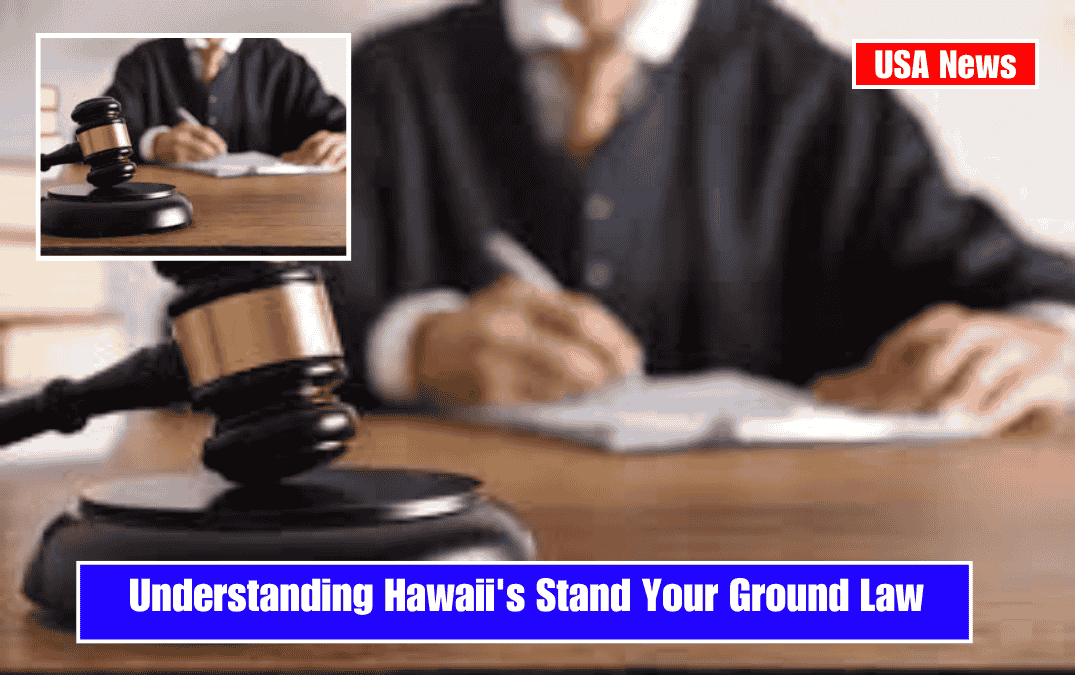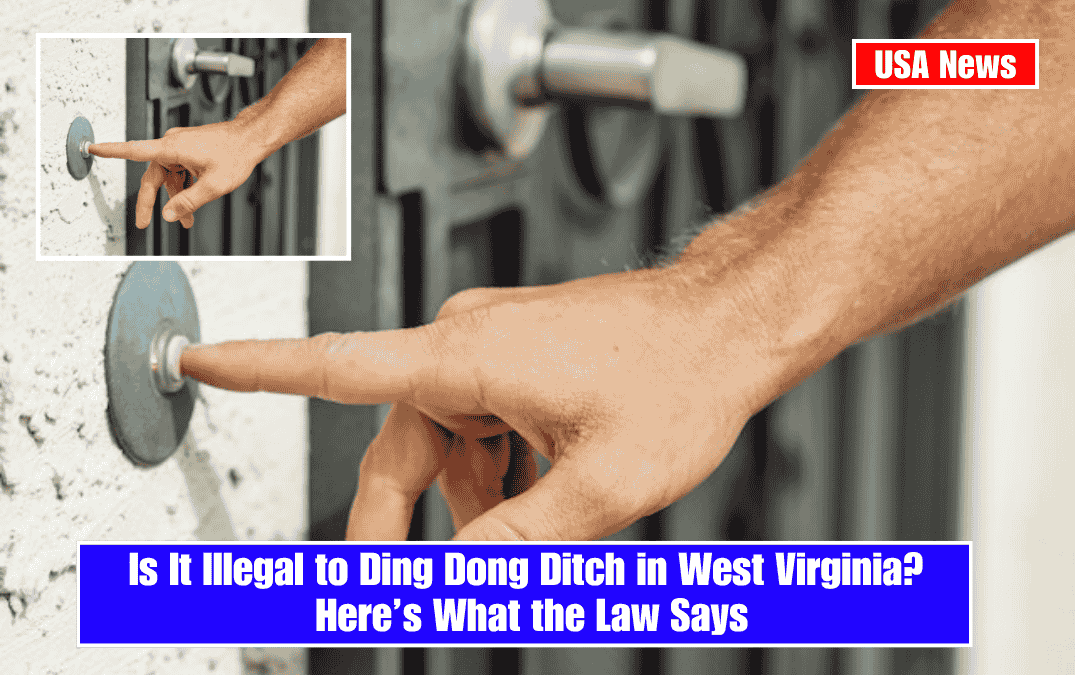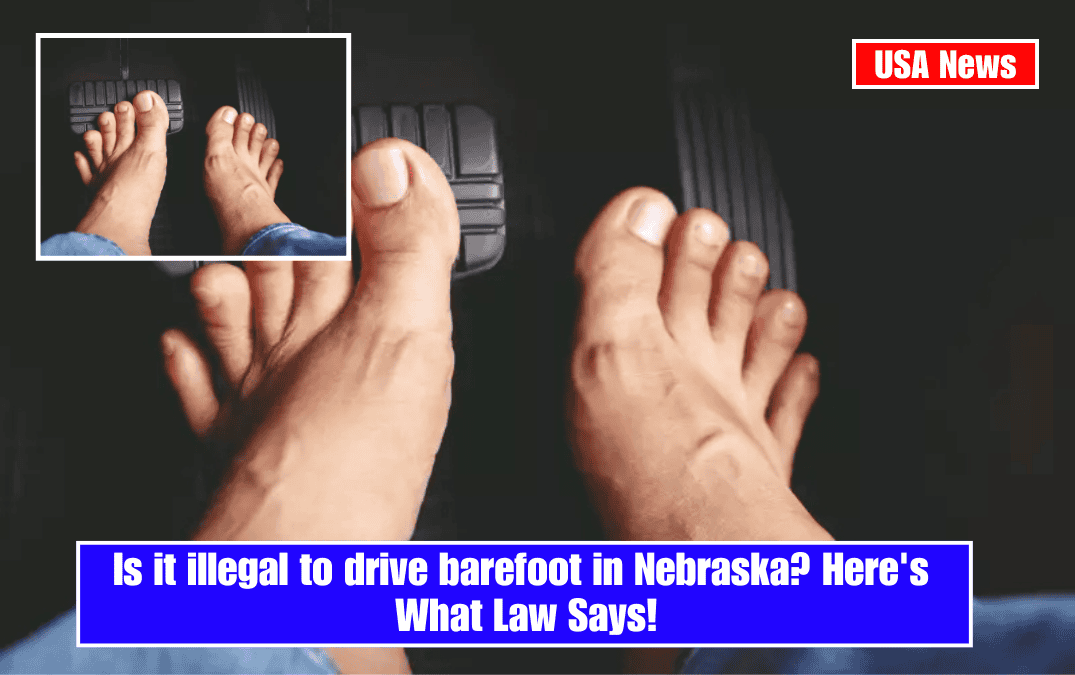As a teacher and a parent, I’ve witnessed firsthand the power of public schools to help our students achieve better futures and bring our communities closer together. But I’ve also witnessed the underfunding and politicization of public education in West Virginia over the last decade, as well as the consequences for our state’s students.
While it is true that schools and funding must evolve to meet the changing needs of students and communities, I have never seen a program improve by depriving it of funds. More school closures are likely unless policymakers and the public act now to reimagine school funding and protect community schools.
The vast majority of children in West Virginia receive and will continue to receive an education through the public school system, which must be adequately equipped and resourced to serve them well.
School staff work hard every day to meet their students’ needs, but the diversion of public taxpayer dollars to school vouchers (Hope Scholarship), charter school expansion, population decline, and significant revenue losses from tax cuts are exacerbating long-standing issues.
This situation is particularly dire in rural and low-income areas, where county school boards and communities are increasingly forced to make impossible decisions with limited funding throughout the state.
According to KIDS COUNT data, in West Virginia, one in every five children is food insecure, and 25% live in poverty. In the counties I’ve taught in, such as Mingo and Roane, those percentages rise to 37% of children living in poverty, with one in every three experiencing food insecurity.
Our schools do more than just teach reading and math; they also provide essential services to these students, such as breakfast and lunch, and some even have health clinics.
Athletic events, dance recitals, and other activities take place in public schools. Notably, they frequently rank among the largest employers and economic drivers in their communities.
That means that a school closure results in more than just long bus rides for students; it also means the loss of the community’s heart, which is one of the most important factors families consider when moving to this state.
Legislators and the public must decide whether expanding the Hope Scholarship voucher program is financially responsible at a time when our public schools are already underfunded.
Should we spend public funds on a program that has virtually no reporting requirements and allows parents of all income levels to purchase private music lessons or Clay Center memberships while public schools across the state close, reduce extracurricular options, and lay off arts and music teachers, counselors, nurses, and custodians? Should students have to sit on buses for more than three hours a day just to get an education?
If we have the ability to increase education funding, wouldn’t it be better spent supporting public school districts that are struggling to keep their community schools staffed and open — schools that nearly 90% of West Virginia families have chosen?
This is a critical time for state lawmakers to carry out their constitutional mandate: “the Legislature shall provide, by general law, for a thorough and efficient system of free schools.”
To me and most West Virginia families, that means investing in community schools and providing all students with the opportunity to receive a quality education, particularly those who live in rural areas with limited internet access, have special education needs, live in poverty, or face other circumstances that make public school their only viable “choice.”
I hope our legislators will halt any plans to expand the Hope Scholarship voucher program, which is expected to cost more than $100 million this year and $300 million the following year.
I urge them to strengthen reporting requirements for this program so taxpayers can see who benefits, as well as to direct available funds into the public school system, on which so many students and families in the Mountain State rely.
Not adequately funding public schools is simply avoiding responsibility, and giving away $5,000 coupons does not absolve West Virginia of its constitutional obligations. We are nearing the point of no return; if state legislators do nothing, there will be an even greater wave of school closures in the next one to two years.
When a school closes, it rarely reopens. I’m concerned about what this means for the future of our state’s students.
